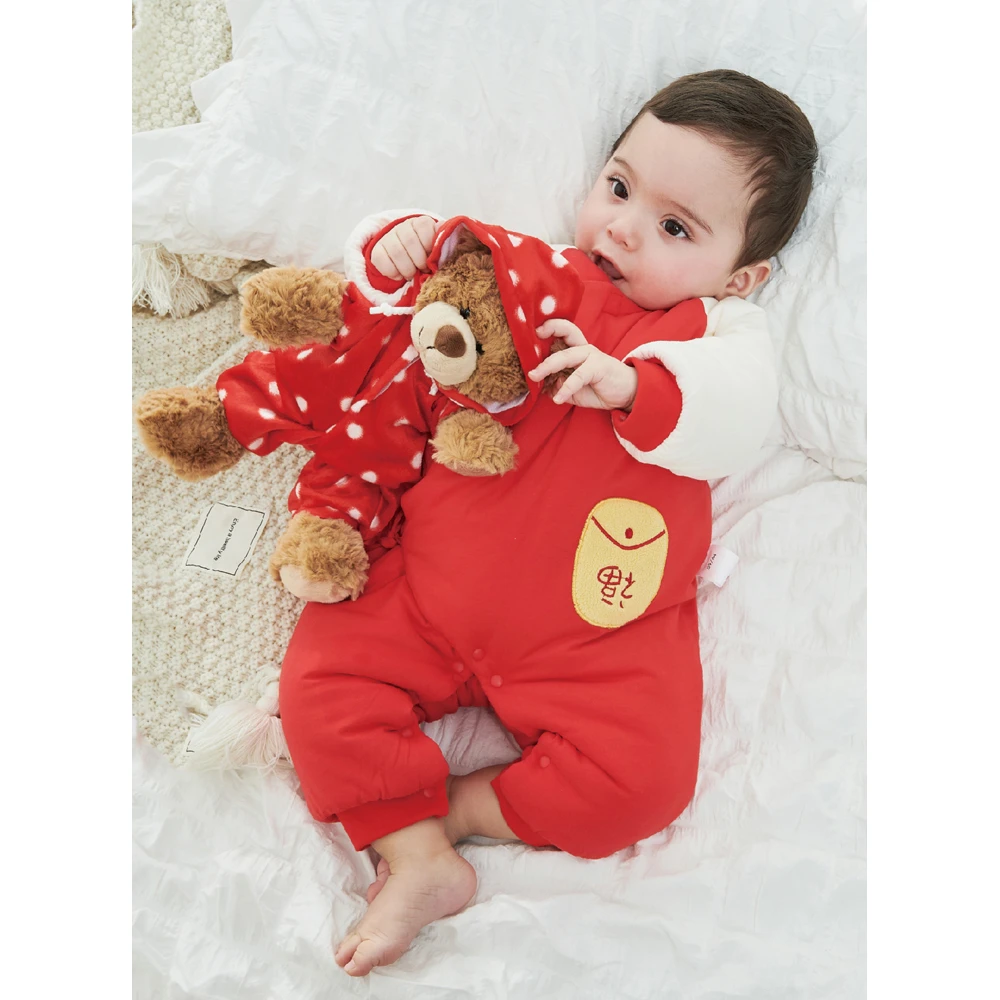Ethical Sportswear A Movement Towards Sustainable Fashion
In recent years, the fashion industry has witnessed a significant shift towards sustainability, and sportswear is no exception. As consumers become more conscious of their environmental impact, they are seeking out ethical alternatives to traditional sportswear. This movement is not just a trend; it's a change rooted in the desire for a healthier planet, fair labor practices, and high-quality products that do not compromise personal values.
What is Ethical Sportswear?
Ethical sportswear refers to athletic clothing and gear produced with a commitment to sustainability and social responsibility. This can encompass a range of practices, from using eco-friendly materials to ensuring fair labor conditions in manufacturing facilities. Brands that embody these principles often prioritize transparency in their supply chains, providing consumers with information about where and how their products are made.
The Materials Matter
One of the key components of ethical sportswear is the materials used in production. Traditional athletic wear often relies on synthetic materials like polyester, which is derived from petroleum and can take hundreds of years to decompose. In contrast, ethical sportswear brands are increasingly turning to recycled materials, organic cotton, bamboo, and innovative fabrics made from natural sources. These materials not only reduce environmental impact but also offer performance benefits such as breathability and moisture-wicking properties.
For example, brands like Patagonia and Rapanui are leading the way by utilizing recycled plastic bottles to create high-performance activewear. By transforming waste into new products, these companies are helping to mitigate the growing problem of landfill waste while creating functional clothing that athletes can rely on.
Fair Labor Practices
ethical sportswear

In addition to sustainable materials, ethical sportswear emphasizes fair labor practices. The fast fashion industry has long been criticized for its exploitative labor practices, often relying on cheap labor in developing countries. This has led to a surge in demand for brands that prioritize ethical manufacturing. Companies committed to ethical production ensure their workers are compensated fairly, work in safe conditions, and are treated with respect and dignity.
Brands like Allbirds and Veja are shining examples of how ethical responsibility can be incorporated into business models. By conducting regular audits of their manufacturing processes and partnering with workers to improve conditions, these companies are transforming the landscape of sportswear production.
Transparency is Key
Transparency plays a vital role in the ethical sportswear movement. Consumers are increasingly demanding to know the story behind the products they purchase. Many ethical brands have responded by openly sharing information about their supply chains, manufacturing practices, and sustainability initiatives. This transparency not only builds consumer trust but also encourages other brands to adopt similar practices.
Websites and labels that provide clear information about sourcing, production processes, and the environmental impact of the products help consumers make informed decisions. As a result, ethical sportswear brands that prioritize this level of transparency are gaining a loyal following.
The Road Ahead
The ethical sportswear movement is growing, but challenges remain. Many consumers still prioritize price over sustainability, and the production of high-quality ethical sportswear may come at a premium. However, as awareness of environmental and social issues continues to rise, it is likely that consumers will increasingly support brands that align with their values.
In conclusion, ethical sportswear represents a vital step towards a more sustainable future for fashion. By prioritizing eco-friendly materials, fair labor practices, and transparency, brands are not only providing consumers with stylish and functional athletic wear but also contributing to a greater cause. As the demand for ethical options grows, the sportswear industry has the opportunity to lead by example, driving change that benefits both people and the planet. Whether you're an athlete or a casual gym-goer, choosing ethical sportswear can make a significant impact on the world around us—one workout at a time.















